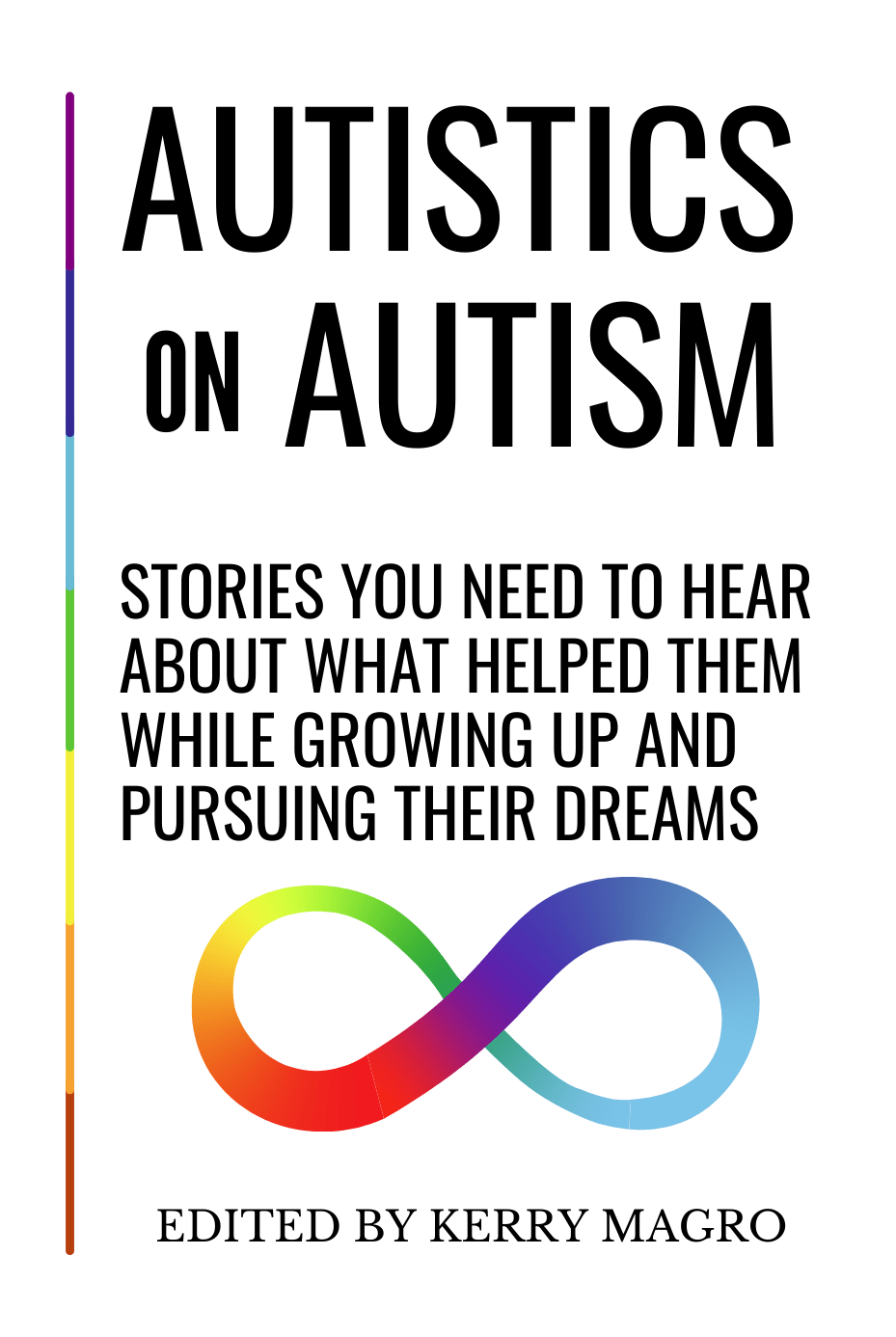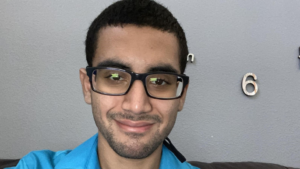This guest post is by Avery Hannon, a young man on the autism spectrum who was diagnosed with PDD-NOS at age 1 3/4 and has been accepted into Temple University. Avery is applying for the Spring 2022 Making a Difference Autism Scholarship via the nonprofit KFM Making a Difference started by me, Kerry Magro. I was nonverbal till 2.5 and diagnosed with autism at 4, and you can read more about my organization here. Autistics on Autism: Stories You Need to Hear About What Helped Them While Growing Up and Pursuing Their Dreams, our nonprofit’s new book, was released on March 29, 2022, on Amazon here for our community to enjoy featuring the stories of 100 autistic adults.
This is not necessarily something I like to talk about a lot, but it is important and it is a part of who I am. When I was 21 months old, I was diagnosed with autism. My symptoms were more challenging back then than they are now, but they are still there.
I can tell they are there when I have trouble communicating the right things in a situation. There are some who say autism can go away; like you can have it and then you don’t have it. And I’m not sure how I feel about this. I feel like autism is different for everyone, and I am still learning about me.
A lot of people might not know that I am autistic. To give you a sense of my autism, here is what I will say. My symptoms were more challenging when I was young, I was not able to speak in full phrases and sentences until I was four years old. My sister was often my translator because she gave me words before I had the ability to say them myself. My parents told me at that time I had to communicate using sign language. They also told me we used this system called the Picture Exchange Communication System (PECS) to communicate, and it did the job.
Another thing about my autism was I was never able to sit still. I was SUPER busy, always moving around and doing the most random things. I would climb on the counter or I would start randomly bursting into dance. I would literally do anything to keep myself active because I was a ball of energy. It was that ball of energy that my parents channeled into dance, sports, and theater.
As I got older, my symptoms became less challenging. I learned to talk with words and better communicate my needs. And when I was ten years old, I remember discovering the performing arts. There was a spontaneous moment when I was in fourth grade when I sang in front of my entire grade. That was such a euphoric experience! After that, I wanted to keep performing. I started performing in plays and it became an outlet for me to keep moving, and entertain people in the process. Some of my most notable performance experiences included playing Tiny in a play called Kill Move Paradise at the Wilma Theater in Philadelphia during the beginning of my freshman year of high school and playing the titular character in Pippin, for my final high school musical.
And now I’m attending Temple University next fall to pursue a degree in musical theater. I cannot imagine my life without the performing arts, with opportunities to sing, dance, and act.
My autism is prevalent in all aspects of my life. It’s in how I act, how I speak, how I plan, and how I pay attention to detail. I embrace it.
Being autistic is one valuable part of who I am. And I am just as proud of that part of my identity as I am of being a Black, bisexual, male, actor, musician, dancer, and student.
Follow my journey on Facebook, my Facebook Fan Page, Tiktok, Youtube & Instagram,
My name is Kerry Magro, a professional speaker and best-selling author who is also on the autism spectrum. I started the nonprofit KFM Making a Difference in 2011 to help students with autism receive scholarship aid to pursue post-secondary education. Help support me so I can continue to help students with autism go to college by making a tax-deductible donation to our nonprofit here.
Autistics on Autism: Stories You Need to Hear About What Helped Them While Growing Up and Pursuing Their Dreams was released on March 29, 2022 on Amazon here for our community to enjoy featuring the stories of 100 autistic adults. 100% of the proceeds from this book will go back to our nonprofit to support initiatives like our autism scholarship program. In addition, this autistic adult’s essay you just read will be featured in a future volume of this book as we plan on making this into a series of books on autistic adults.















